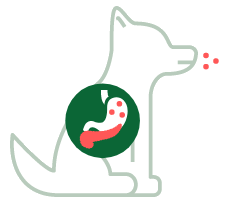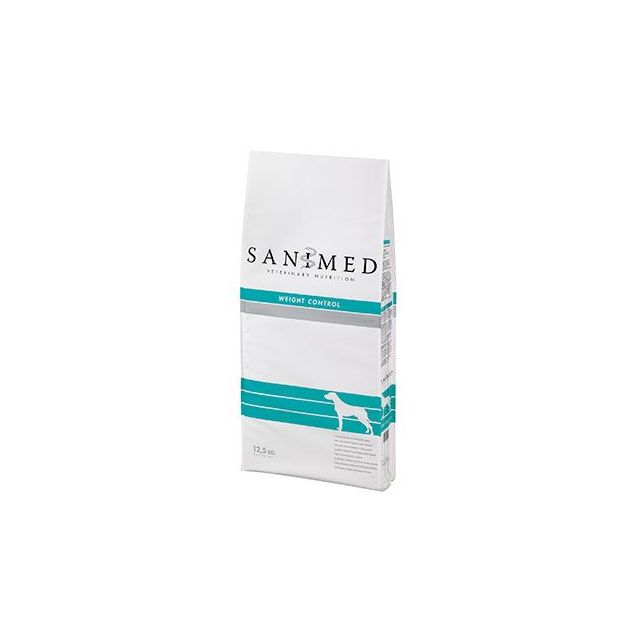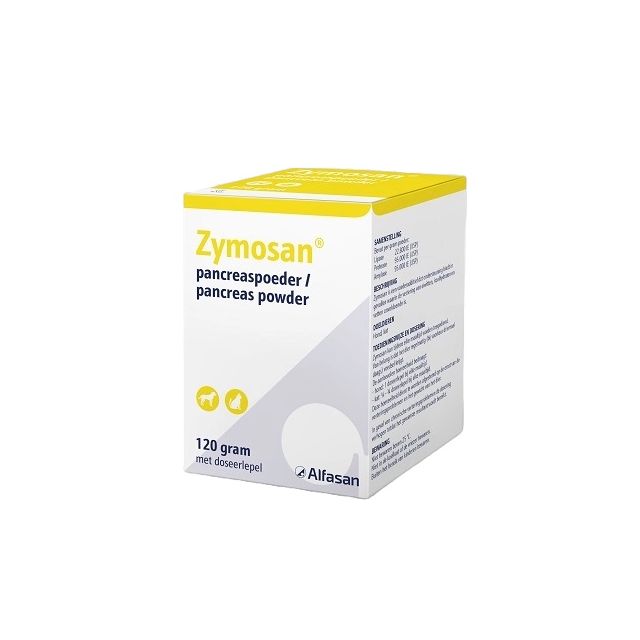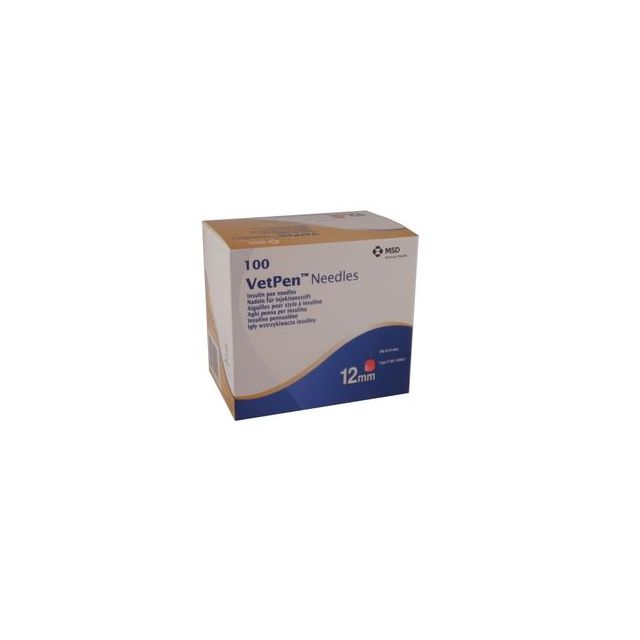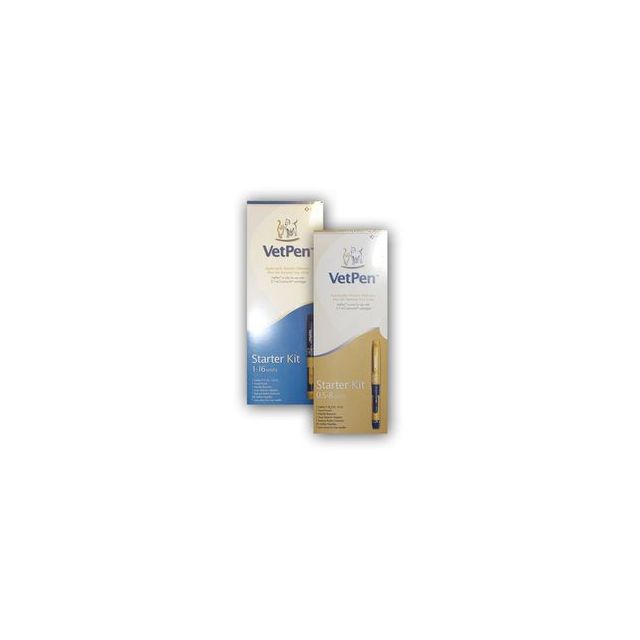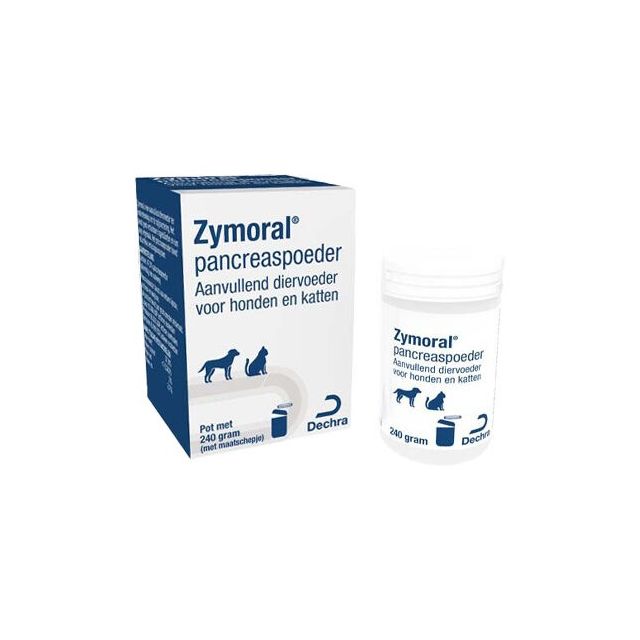The pancreas of the dog
The pancreas is a small but vital part of the digestive system of the dog. This organ plays a crucial role in digesting food and regulating blood sugar levels. Problems such as pancreatitis and diabetes are common and originate in this organ. Below, you can read more about the structure, function, and disorders of your dog’s pancreas.
Structure and Function of the Pancreas
The pancreas, also known as the pancreatic gland, is located along the small intestine, just behind the stomach. This flat, thin organ has a duct that merges with the one from the gallbladder and empties into the small intestine. The gallbladder stores bile, a substance produced by the liver.
The pancreas consists of two parts:
- The endocrine pancreas: this is where hormones (insulin and glucagon) are produced that regulate blood sugar levels.
- The exocrine pancreas: this produces digestive enzymes, which are released into the small intestine to break down food.
Pancreatic Disorders
The most common pancreatic problems in dogs are pancreatitis (inflammation of the pancreas) and diabetes mellitus. A less known condition is exocrine pancreatic insufficiency (EPI). These conditions differ in cause and treatment, which are explained below.
Pancreatitis
Pancreatitis occurs when digestive enzymes become active inside the pancreas instead of in the small intestine. This causes the pancreas to begin digesting itself. The inflammation can be acute and severe, but chronic pancreatitis also occurs regularly. In such cases, the symptoms are usually milder.
Symptoms of pancreatitis include:
- Nausea and vomiting
- Abdominal pain
- Lethargy
- Poor appetite
- Fever
- Dehydration
The severity of symptoms ranges from mild abdominal pain to being severely ill. In some cases, pancreatitis can lead to complications such as diabetes or exocrine pancreatic insufficiency.
The causes of pancreatitis are often unknown, but possible triggers include very high-fat diets (e.g., if a dog eats frying fat), trauma (such as a collision or abdominal surgery), tumors, inflammation in nearby organs, or certain medications.
The diagnosis is usually made through a combination of physical examination, blood tests, and an abdominal ultrasound.
Treatment focuses on relieving symptoms. In severe cases, the dog may need to be hospitalized for IV fluids and pain management. Medications for nausea and vomiting may also be needed. A low-fat diet plays a key role in recovery and helps prevent relapses.
Diabetes in Dogs
When the pancreas does not produce enough insulin, diabetes mellitus develops. Insulin is needed to move sugar (glucose) from the bloodstream into the cells, where it is used for energy. Without insulin, too much glucose remains in the blood while the cells are starved of energy.
Symptoms of diabetes include:
- Excessive thirst and frequent urination
- Increased appetite
- Weight loss despite eating more
- Lethargy
- Poor coat condition
- Cataracts
Treatment for diabetes usually includes insulin injections and a special diet with adjusted carbohydrate and fiber content to minimize fluctuations in blood sugar levels.
Exocrine Pancreatic Insufficiency (EPI)
Exocrine pancreatic insufficiency, or EPI, occurs when the pancreas does not produce enough digestive enzymes, leading to poor digestion of food. This is caused by the body’s own inflammatory reaction against the pancreas.
Symptoms include:
- Weight loss despite a good appetite.
- Extreme hunger, eating strange things (pica).
- Diarrhea often with large amounts of stool.
- Grey stool, like putty in color.
Treatment of EPI includes adding digestive enzymes to every meal so that food can be properly digested.
Support for Pancreatic Problems
Pancreatic problems can be unpleasant, but they are often manageable. It's important to seek medical attention promptly and to provide the right nutrition and support. Pharmacy4pets offers a wide range of products that can help in the care of dogs with pancreatic issues.
If you have questions about pancreatic problems in dogs or about our products, please contact us.

